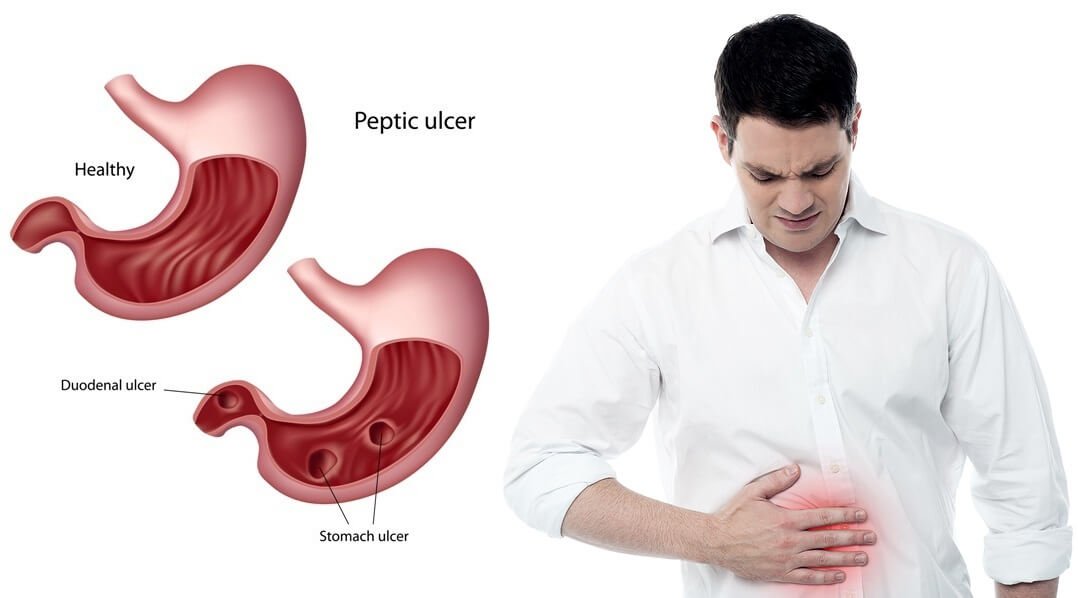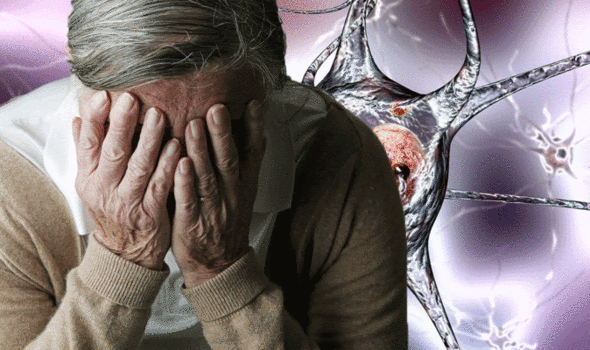
When diagnosed with diabetes, early signs of diabetes may be difficult to diagnose. Type I and type II diabetics alike often experience fatigue, irregular eating patterns, dizziness, mood swings, weight gain, constipation, and headaches.
The first stage of this disease is marked by frequent urination, elevated thirst, excessive hunger, and increased thirst. Type I diabetes is characterized by the inability of the pancreas to produce insulin efficiently. Type II diabetes has multiple causes including high blood pressure, excessive fatty deposits in the body, genetic issues, vitamin D deficiency, alcohol, and certain drugs such as lithium.
Signs and symptoms are often confused with other conditions. If you are experiencing frequent urination, you may need to adjust your diet. You may have been experiencing symptoms of low blood glucose for several weeks or even months. If you find yourself urinating more often, urinating after meals, you will probably want to change your diet.
Diabetes symptoms can get worse over time. The symptoms listed above are just a few of the effects diabetes can have on your body. Diabetic ketoacidosis is another common condition. If you notice any of the above symptoms, see your doctor immediately.
Symptoms can also change over time as a person gets older. As you age, it is important to closely monitor the symptoms of diabetes. If you notice that your diabetes symptoms have become more severe, see your doctor as soon as possible.
Diabetes symptoms change over time, but there are some common early symptoms that remain unchanged. The person may experience a dull pain or burning sensation in the abdomen. You may also feel nauseous or tired. You may feel that your body is not working properly. If you experience these symptoms, you should see your doctor.
The symptoms of diabetes are often confused with each other, but not always. If you notice increased thirst after eating or drinking, you should see your doctor and have blood tested.

The early symptoms of diabetes can help your doctor diagnose you and make sure you are doing everything you can to reduce your risk of complications. Always consult your doctor if you suspect you have diabetes.
When you start to feel the first signs of diabetes symptoms, you may feel tired all the time, even if you slept well. If you feel dizzy or lightheaded, see your doctor immediately. Sudden weight loss can also be a sign of diabetes.
Your doctor will perform a blood test at the first signs of trouble, so he can rule out any of the warning signs of diabetes that can help him treat you earlier. Your doctor may also want to test you for high blood sugar and other health risks associated with diabetes.
Symptoms can be quite confusing for people who are first diagnosed with diabetes. People who've never had diabetes have no idea what's normal or abnormal. The best way to find out is to talk to your doctor.
The early signs of diabetes can be difficult to recognize in some cases. If you have a history of diabetes in your family, you may have to work closely with your doctor to figure out whether your symptoms are normal. It's important to remember that symptoms do vary from person to person.
Diabetes is a lifelong process, but there are things that can be done to help reduce the impact it has on your life. The earlier you detect the symptoms of diabetes, the easier it will be for you to deal with your disease.